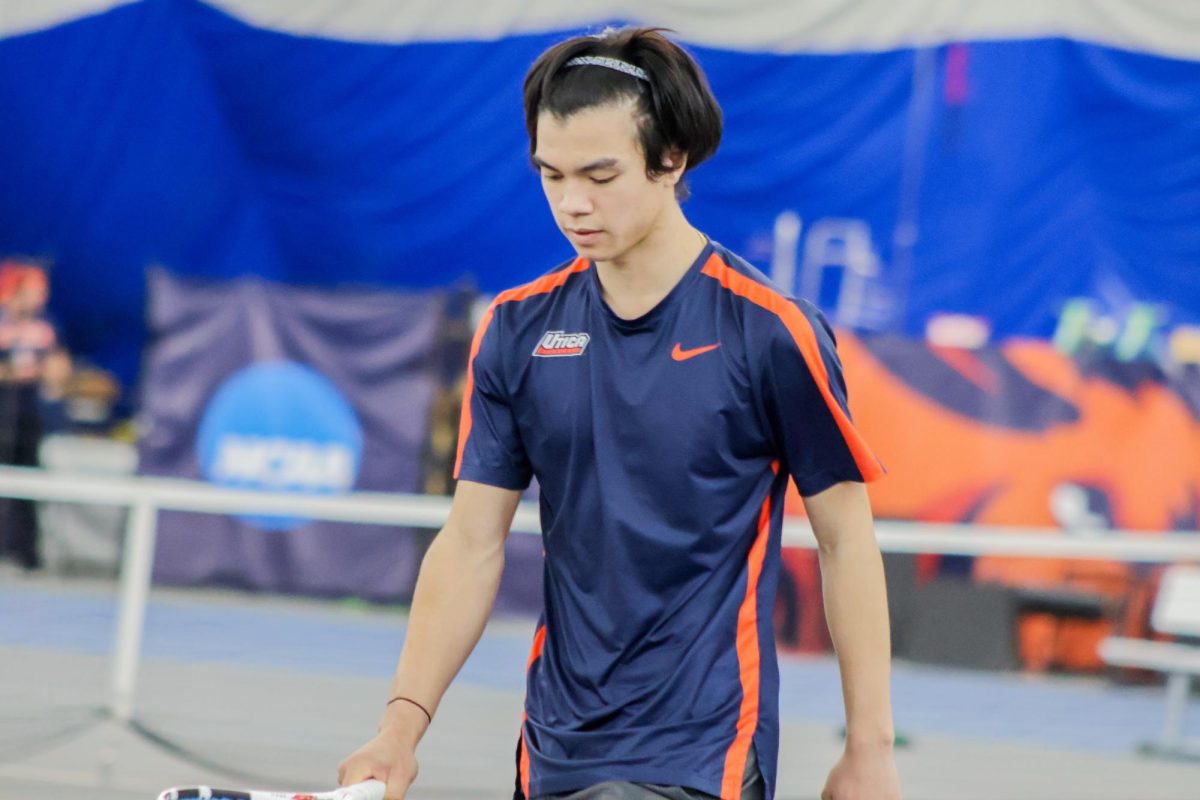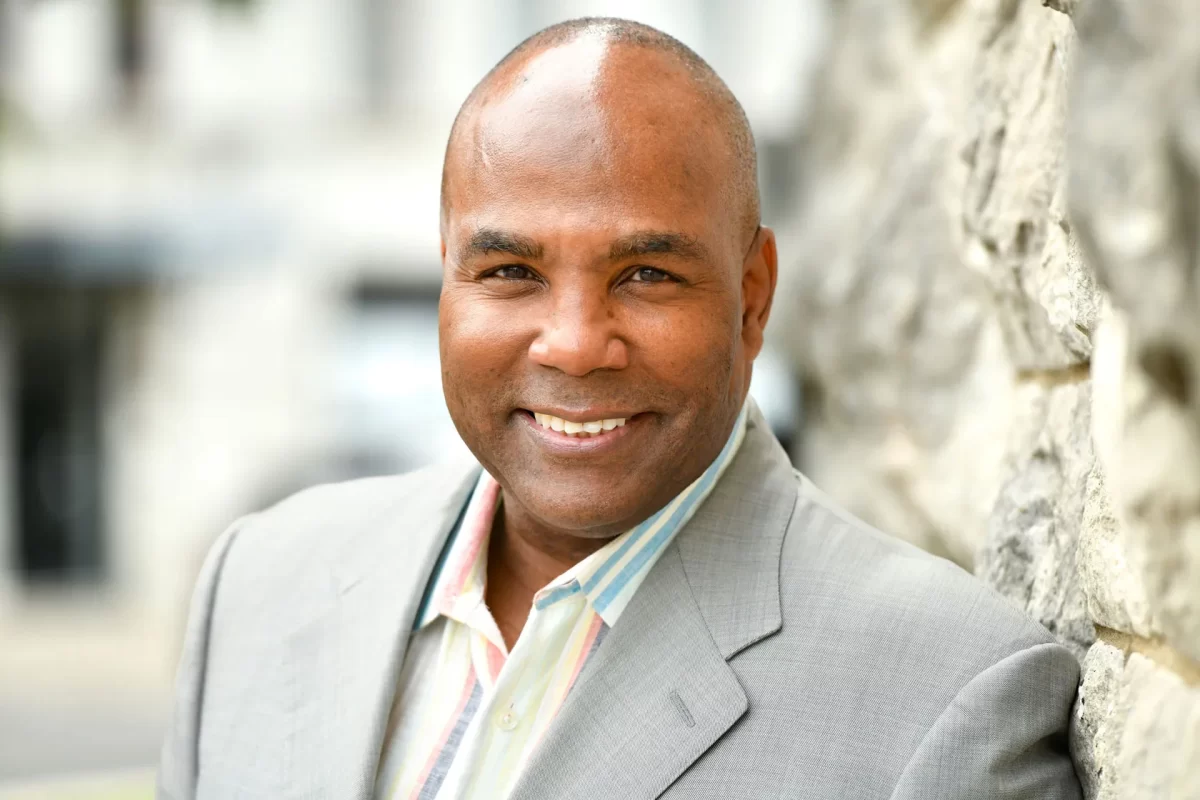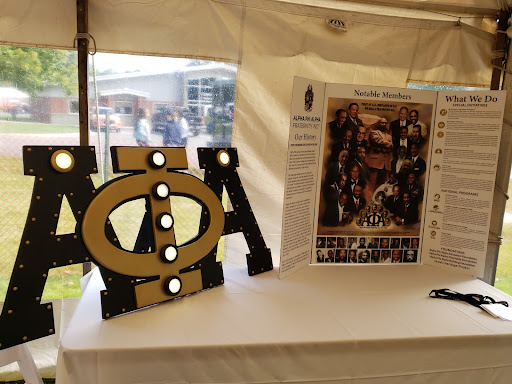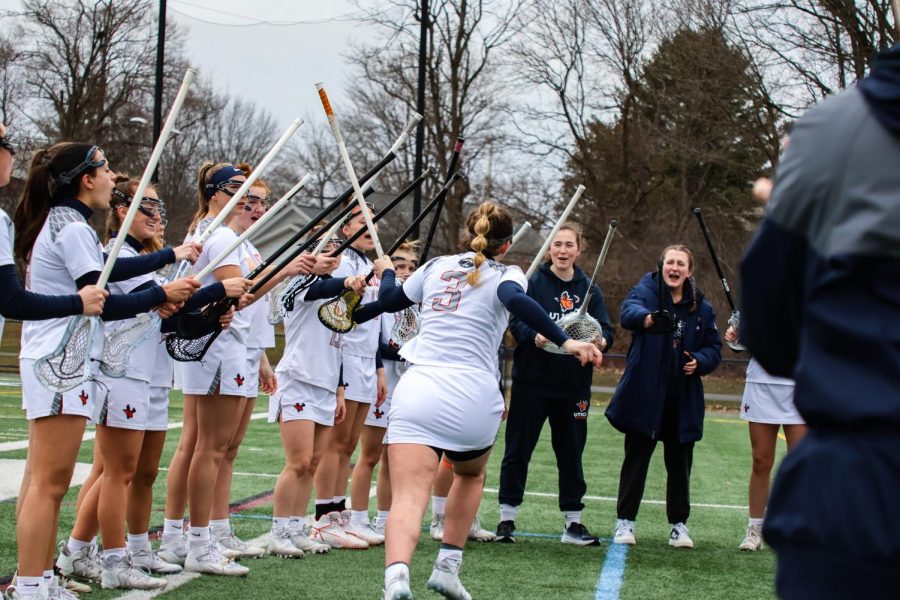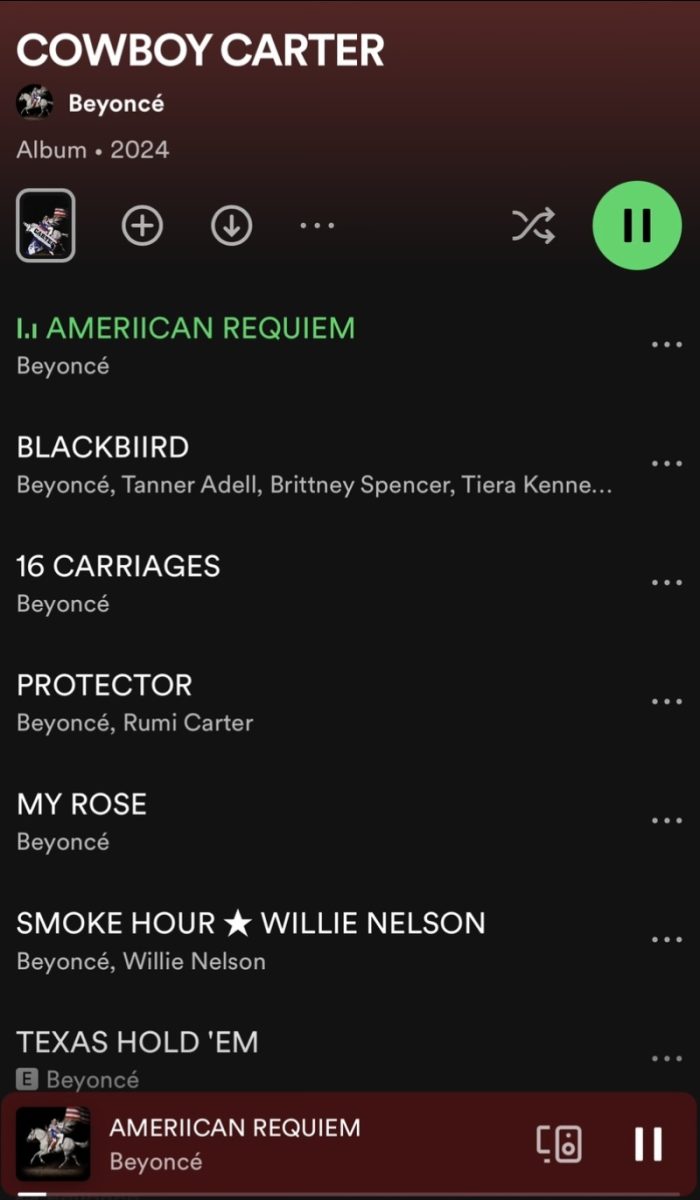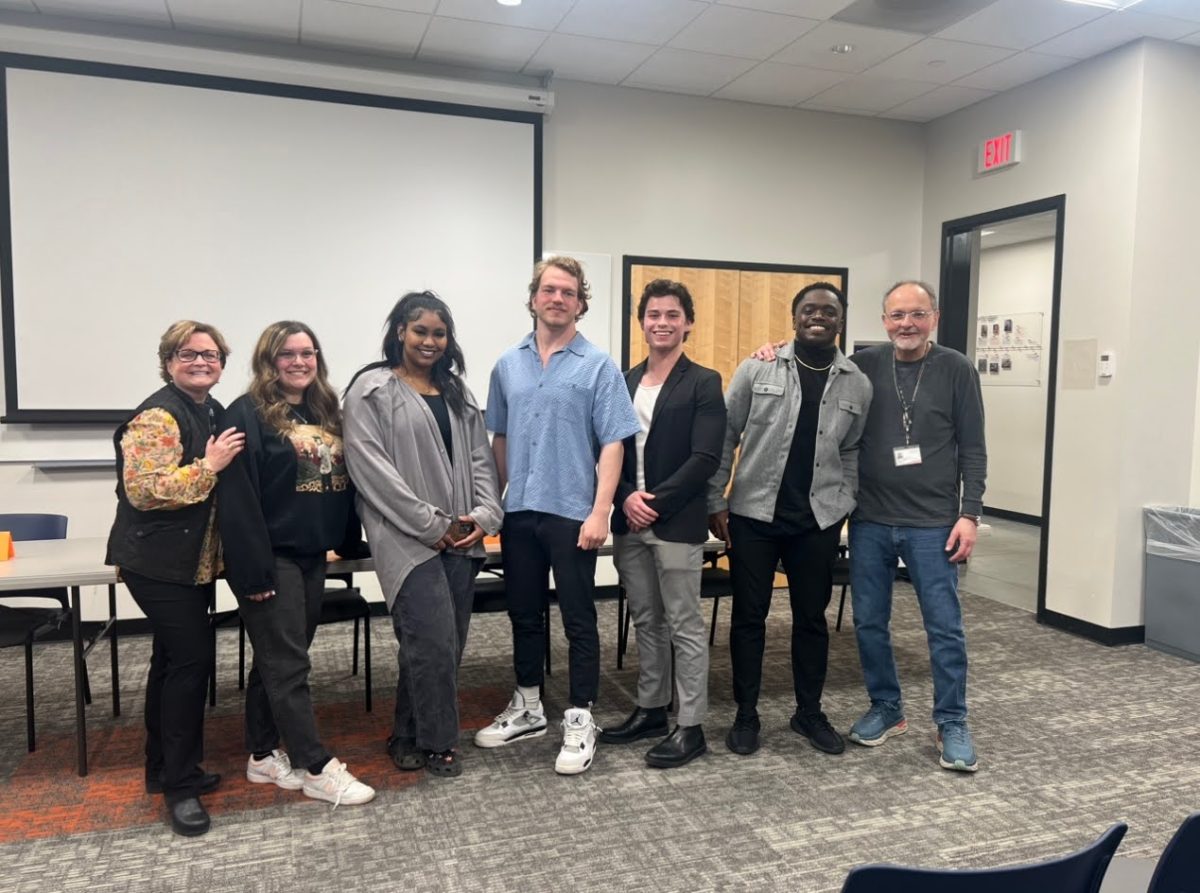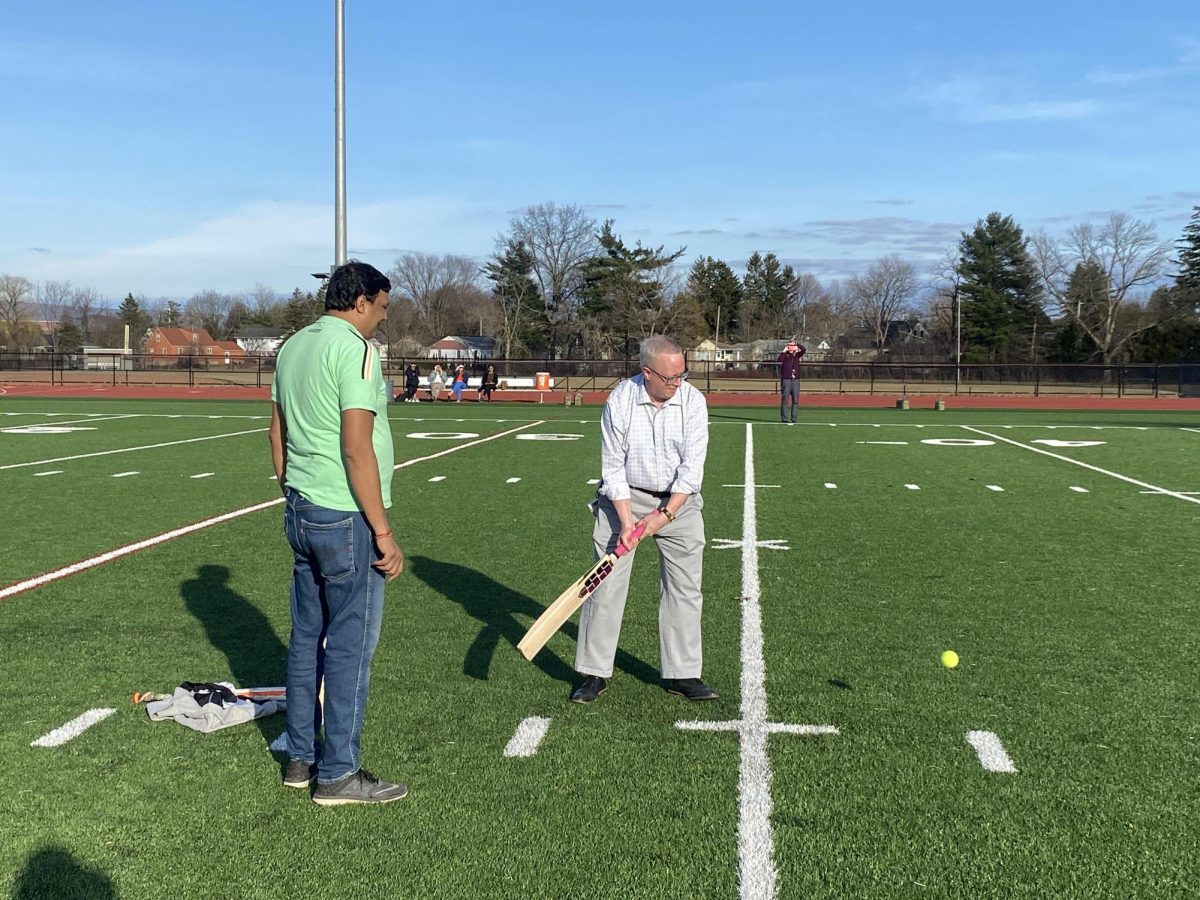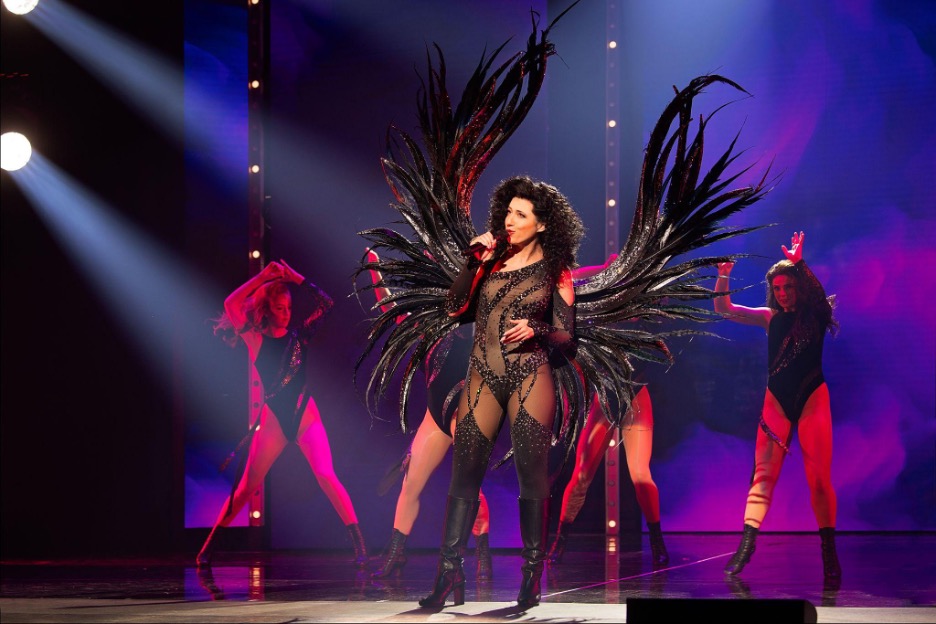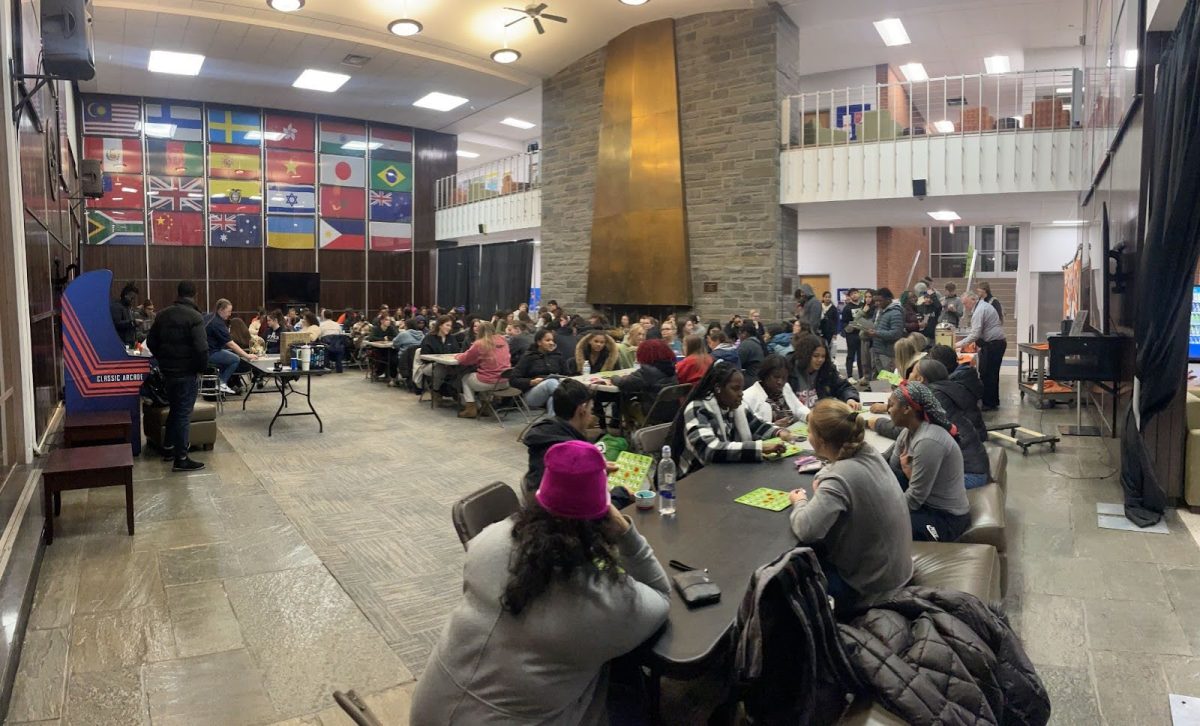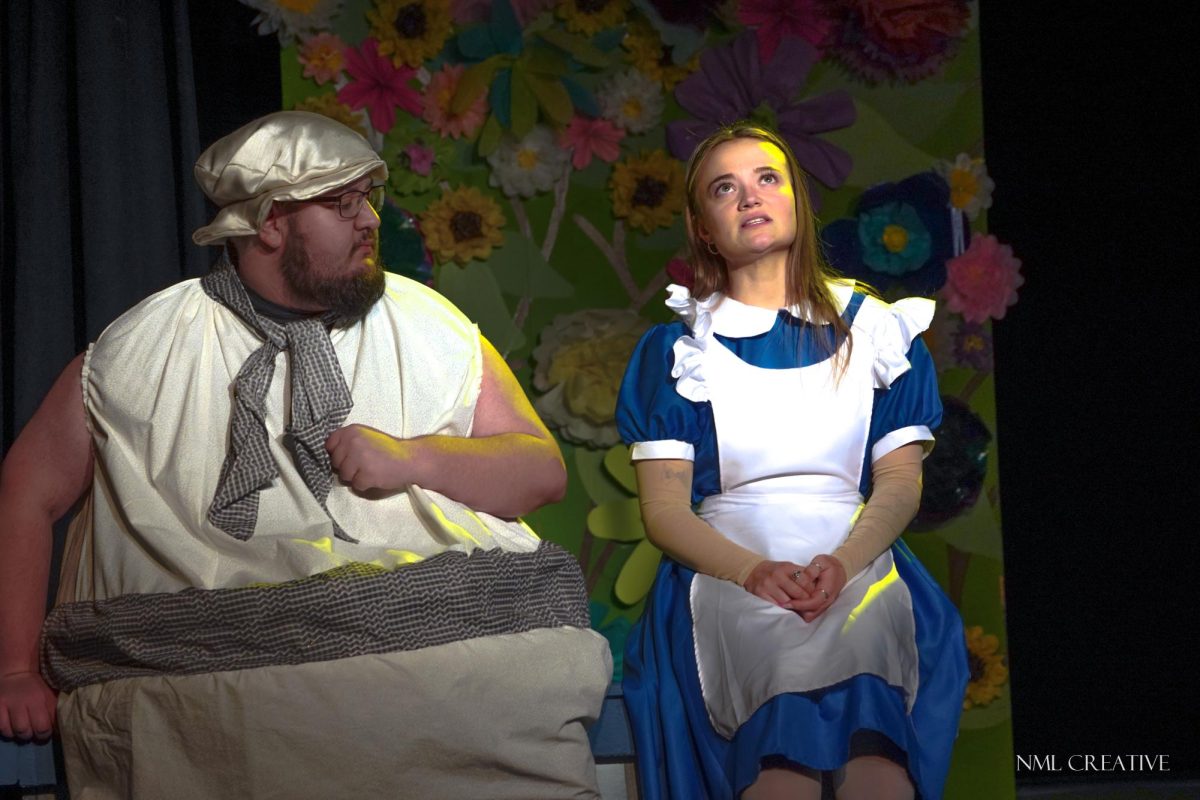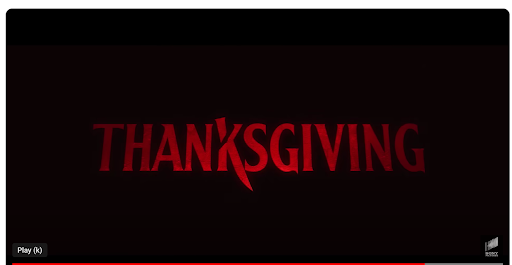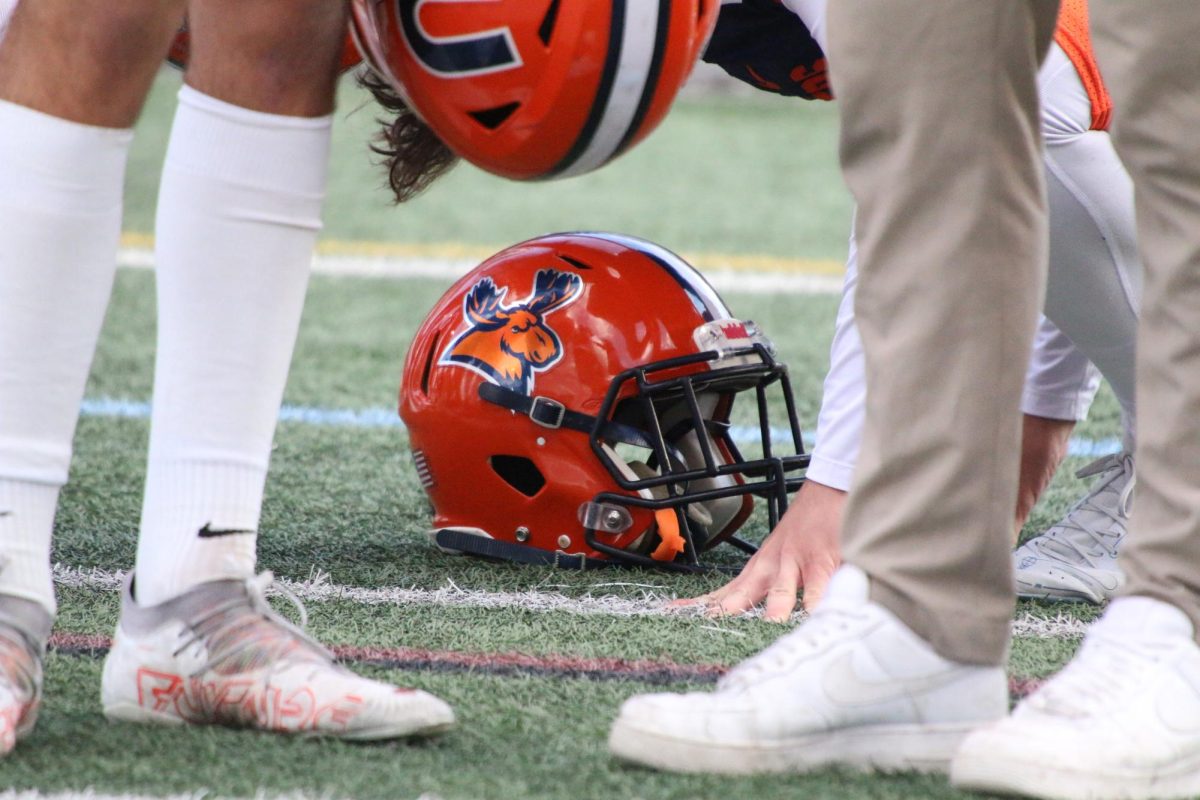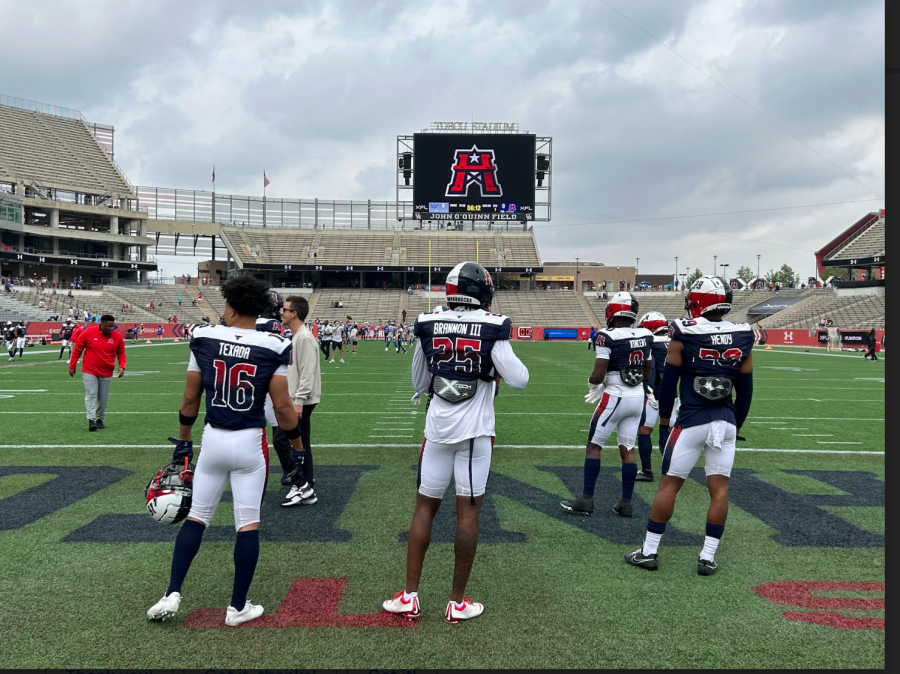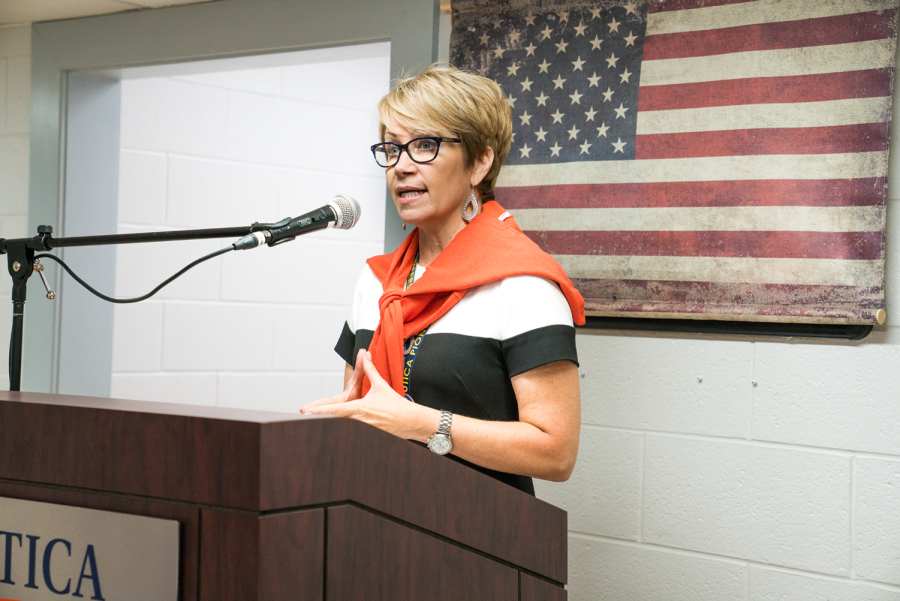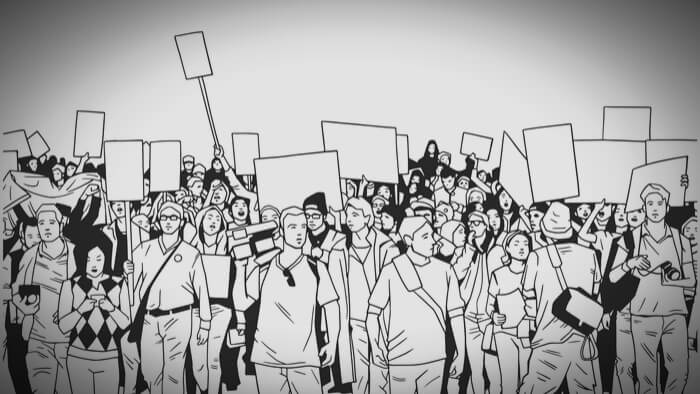Maria M. Silva, Spec. Assignments Reporter
On Monday, Nov. 26, dozens of students gathered in Strebel Student Center to hear Clemmie Harris talk on the black revolution that took place at American universities from 1968 to 1975.
Citing history, Harris applied related to the events of the 1960s to the current situation at Utica College. The conversation also addressed issues of diversity and inclusion and the challenges that student leaders today face bringing awareness about issues of race, gender, and class.
Harris stated that talks about the past are still relevant today because “the whole issue of equity and support services remain unresolved.”
“All you have to do is look around,” Harris said. “There are only three black faculty members in this institution, and it is not exceptional. Institutions of higher learning have always been promising to diversify faculty, but they never kept those promises.”
Additionally, UC’s curriculum does not portray the inclusive spirit that the college emphasizes, according to Dr. Harris.
“I have had young people come to me and say that, before I arrived, there was only one history course addressing black people,” he said. “What we notice is that black undergraduates, by and large, do not have significant representation in either majors and minors.”
Issues of police brutality against African-Americans, as well as issues of misogyny, anti-black racism and anti-Semitism, were also discussed in Monday’s conversation.
“Those problems found within our civic and political structure are basically causing the tensions to rise,” Dr. Harris stated. “When you look at the ability of institutions of higher learning to address those issues from the standpoint of curriculum and programming, you ask yourself the question, ‘Where does Utica College fall in that?’ Enough people at this college are smart enough to answer that question for themselves.”
Students at UC also reflected on issues of diversity and inclusion on campus, and what support they are getting from the institution. Alessia Colacicco, a senior psychology child-life major, thinks that “after four and a half years, I have seen a lot of racially-motivated events going on, and I feel like the school could do a much better job.”
Colacicco emphasized that it is important to raise awareness among a bigger sector of the student body.
“I feel like it’s always the same people who attend these talks,” she said. “They are the ones who obviously want the change, having the same conversation over and over.
The senior also mentioned the memos that have been released by the college addressing racial incidents.
“They are well put, but I feel like they could be a little more decisive,” she said. “When those incidents happen, I would not feel comfortable if one of my peers gets called a racial slur, and the student who said it gets away with it.”
As to how to increase awareness among the student body, Colacicco advised that “it’s important to try to relate these topics to them, to find something in their life that you can kind of poke at and bring out.”
“I know that there are classes that may give students extra credit for attending events, but I don’t think that is effective, because they are not really interested in the conversation,” Colacicco expressed.
Terrell Davis is a sophomore at UC and also attended Harris’ talk on Monday. He agreed that there is a lack of representation within the school’s faculty.
“Every time we go and talk to our professors, they don’t understand what we’ve been through, and we need to tell them all about our background for them to relate and to feel some kind of pity,” he expressed. “You’re not in college to get pity from someone, you’re here to grow emotionally, mentally and physically.”
Davis also wished events such as Dr. Harris’ talk had a better turnout.
“I would have promoted this event a couple of weeks ahead,” he said. “And for those particular students that may not be interested, if I personally knew them, I would have conversations with them, and I would give them information so that they can relate more to it and hopefully attend future events.”



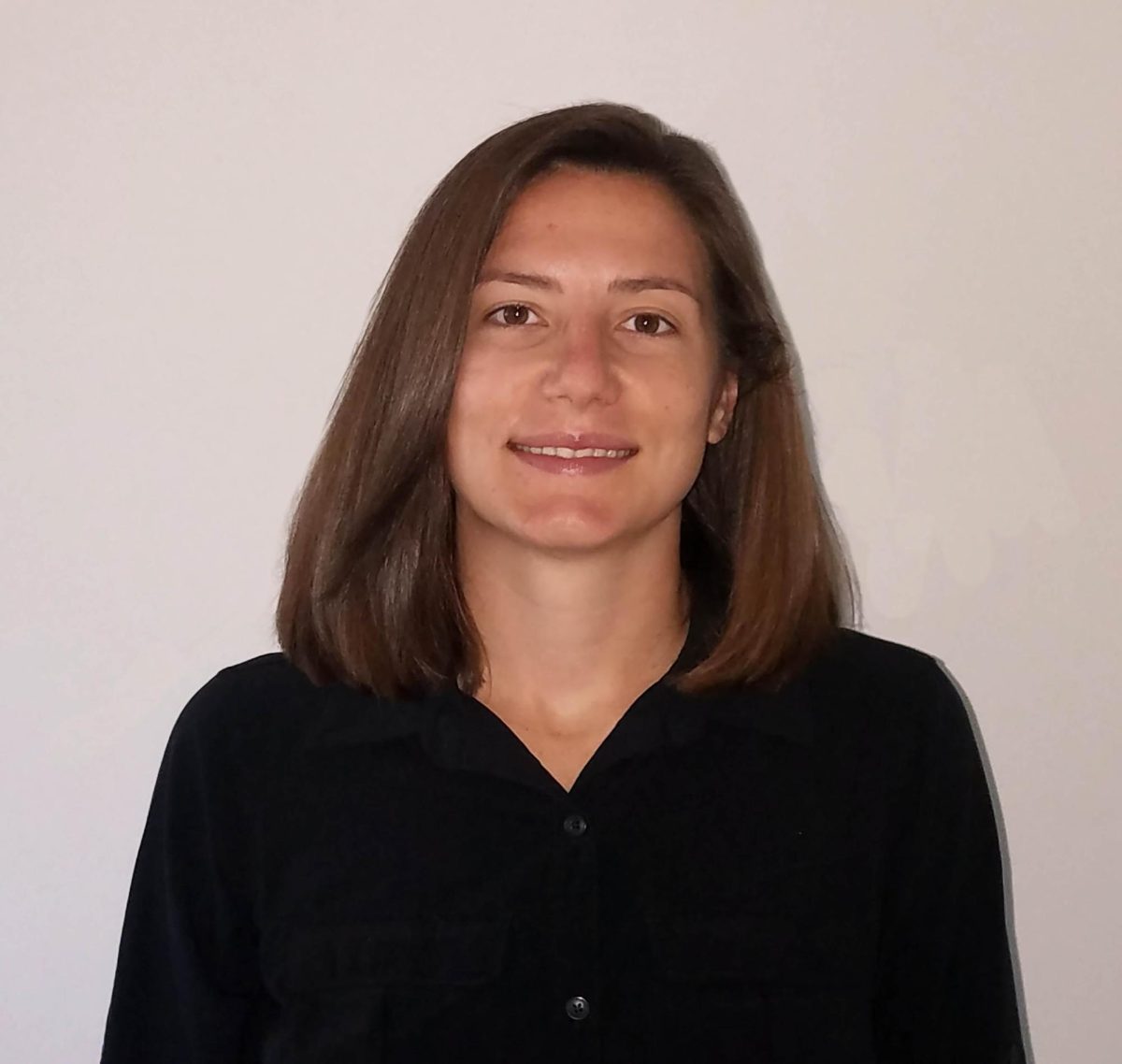



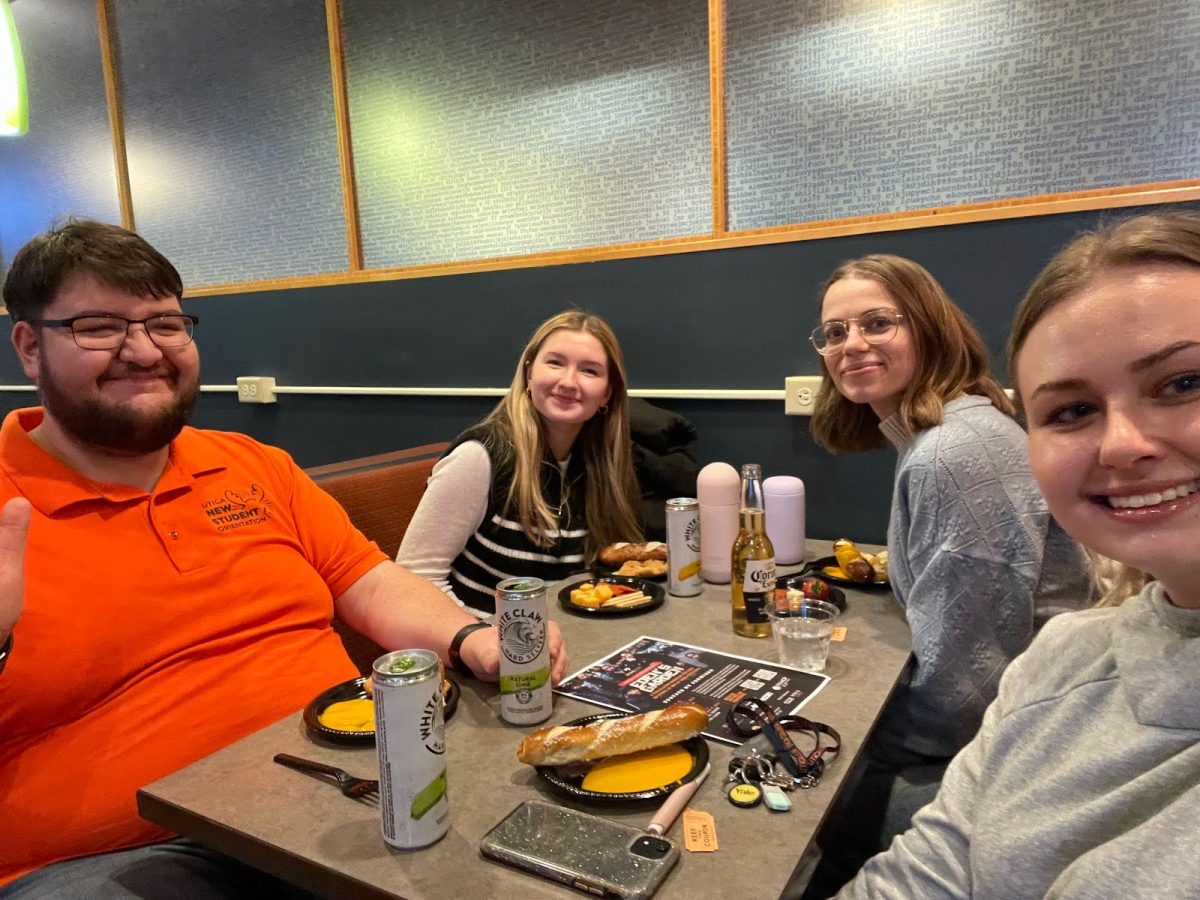
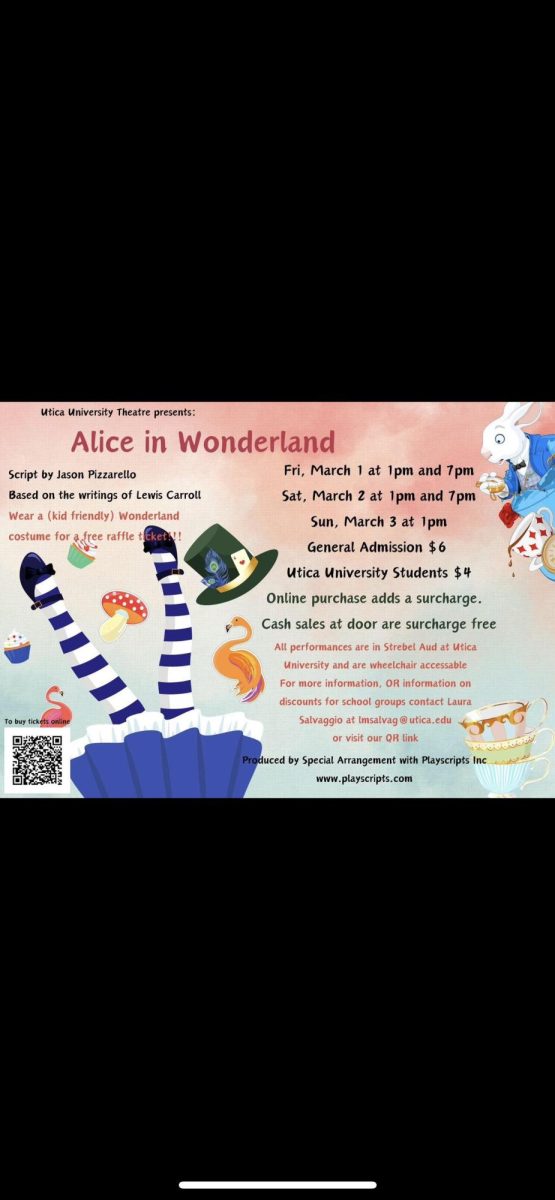









![President Todd Pfannestiel poses with Jeremy Thurston chairperson Board of Trustees [left] and former chairperson Robert Brvenik [right] after accepting the universitys institutional charter.](https://uticatangerine.com/wp-content/uploads/2023/10/unnamed.jpeg)

